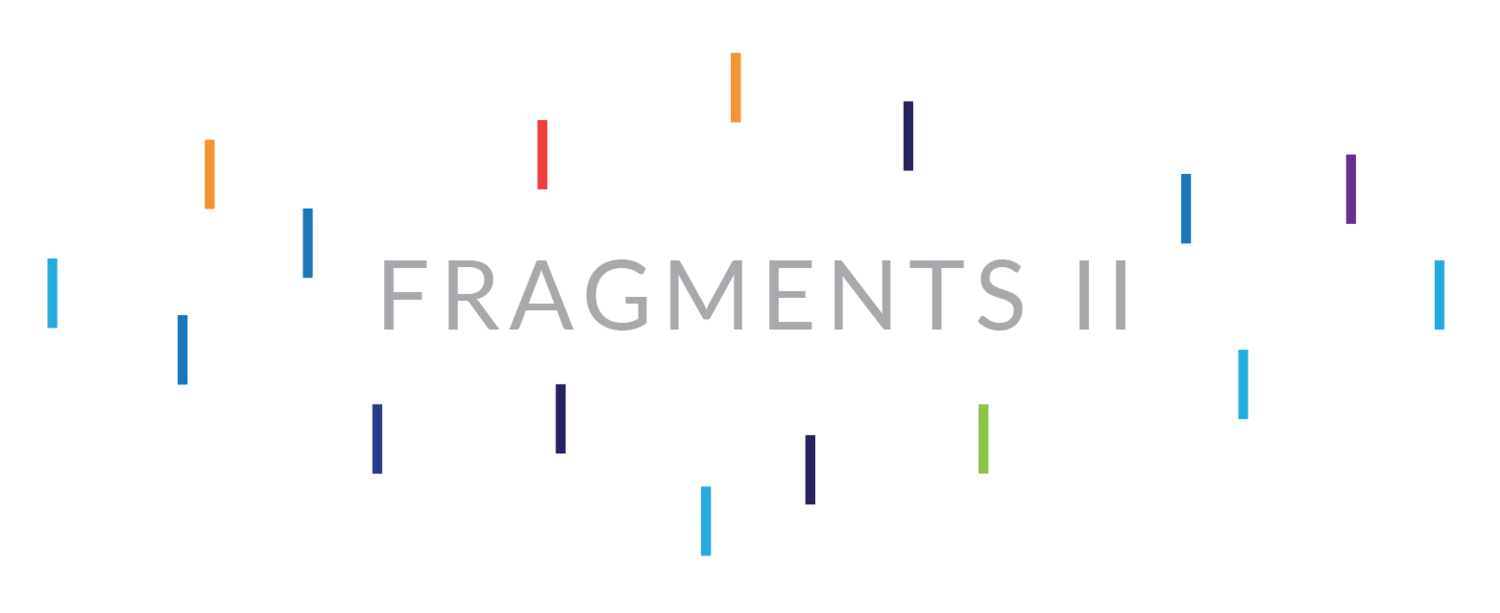An Existentialist Perspective on Advancement
There's a song by two French singers, Pascal Obispo and Natasha St-Pier, entitled Mourir Demain.
Si on devait mourir demain
Qu'est-ce qu'on ferait de plus,
Qu'est-ce qu'on ferait de moins?
[Translated:
If we were going to die tomorrow
What would we do more
What would we do less?]
For hundreds of years, philosophers have asked the same question and pondered the way in which an understanding of human finiteness alters our focus on what is important in the present moment.
Most notably, perhaps, it was the Danish philosopher Søren Kierkegaard, who wrote about the anxiety of the human condition. As we look down into the abyss and face the reality of the human condition, he argues, whilst filling the human soul with dread, we are freed to be truly present in the Moment.
But what have these nineteenth century fear-filled pondering to do with modern-day international education?
The existential problem facing those of us who work in schools around the world, I would like to suggest, is that we think that we are going to live forever.
The symptoms of our condition are that we think we have all of the time in the world and that we therefore spend our days endlessly perfecting curriculum documentation, raising money for long-term endowments, and producing twenty year campus plans that will only be completed and display a return on investment several years after today's students have graduated.
An existentialist perspective on Advancement, by contrast, challenges us to face the inevitable scenario that international education won't, in fact, live forever; that the schools in which we currently work and the model of education that we deliver today will not be relevant tomorrow. In fact, it may not even exist tomorrow.
An existentialist perspective on Advancement challenges us to stare into the abyss and ask, if we were to die tomorrow, what would we do.
Or, in the words of Pascal Obispo and Natasha St-Pier, what would we do more of and what would we do less of.
On the eve of Learning by Design and its call to reimagine school - an event that brings together nearly five hundred parents, students, faculty, staff and colleagues from around the world - I'm curious whether the words of Denmark's most notable philosopher will remind us to be truly present for our students, to strive to make a difference today, and to recognise that none of us and none of our schools have all of the time in the world.
Photo by Juan Davila on Unsplash




